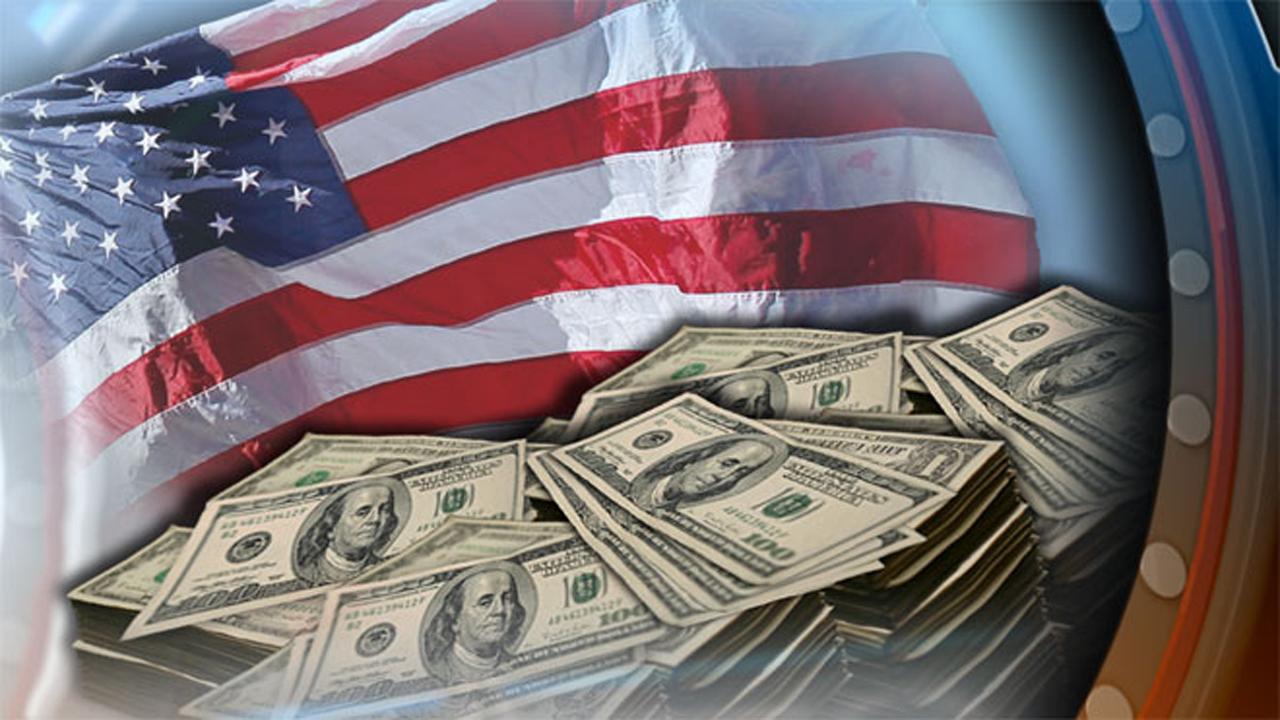Americans’ credit scores hit all-time high
The economic boom has boosted Americans’ personal finances, and now their credit scores are at an all-time high, too.
The average FICO score hit 704 in April, according to a report from the Fair Isaac Corporation (FICO) – an increase of four points since the average FICO score hit 700 for the first time in April 2017. Americans’ credit scores have improved dramatically since they dipped to their lowest average of 686 in October 2009.
FICO credit scores range from 300 to 850 and rank a person’s “creditworthiness” based on payment history and debt. They are significant because they dictate how much money a person can borrow from creditors and also the interest rates they pay on loans.
So why are scores increasing? According to Ethan Dornhelm, vice president of scores and predictive analytics at FICO, part of the reason behind the higher scores is that people are more knowledgeable about their credit than they have been in the past.
Lower loan delinquencies could also be behind the higher scores. Delinquencies have steadily declined since the recession. According to data provided by the St. Louis Fed, credit card loan defaults soared to 6.77 percent in the second quarter of 2009. They bottomed at 2.12 percent in the first quarter of 2015 and trended slightly higher to reach 2.47 percent in the second quarter of 2018.
The U.S. economic boom has been great for Americans, with unemployment currently at 3.9 percent, soaring consumer confidence and a strong housing market. According to data from the Federal Reserve released on Thursday, Americans’ net worth rose by $2.19 trillion in the second quarter. Households' and nonprofits' increase in net worth was driven by gains in the stock market and appreciating home values. Total net worth increased to $106.93 trillion.
The Federal Reserve report also indicated that household debt increased by 2.9 percent in the quarter.
Meanwhile, a law took effect on Friday that allows consumers to freeze and unfreeze their credit at their own leisure, for free. A credit freeze limits access to credit files, thereby providing a way for individuals to protect their data from criminals.




















